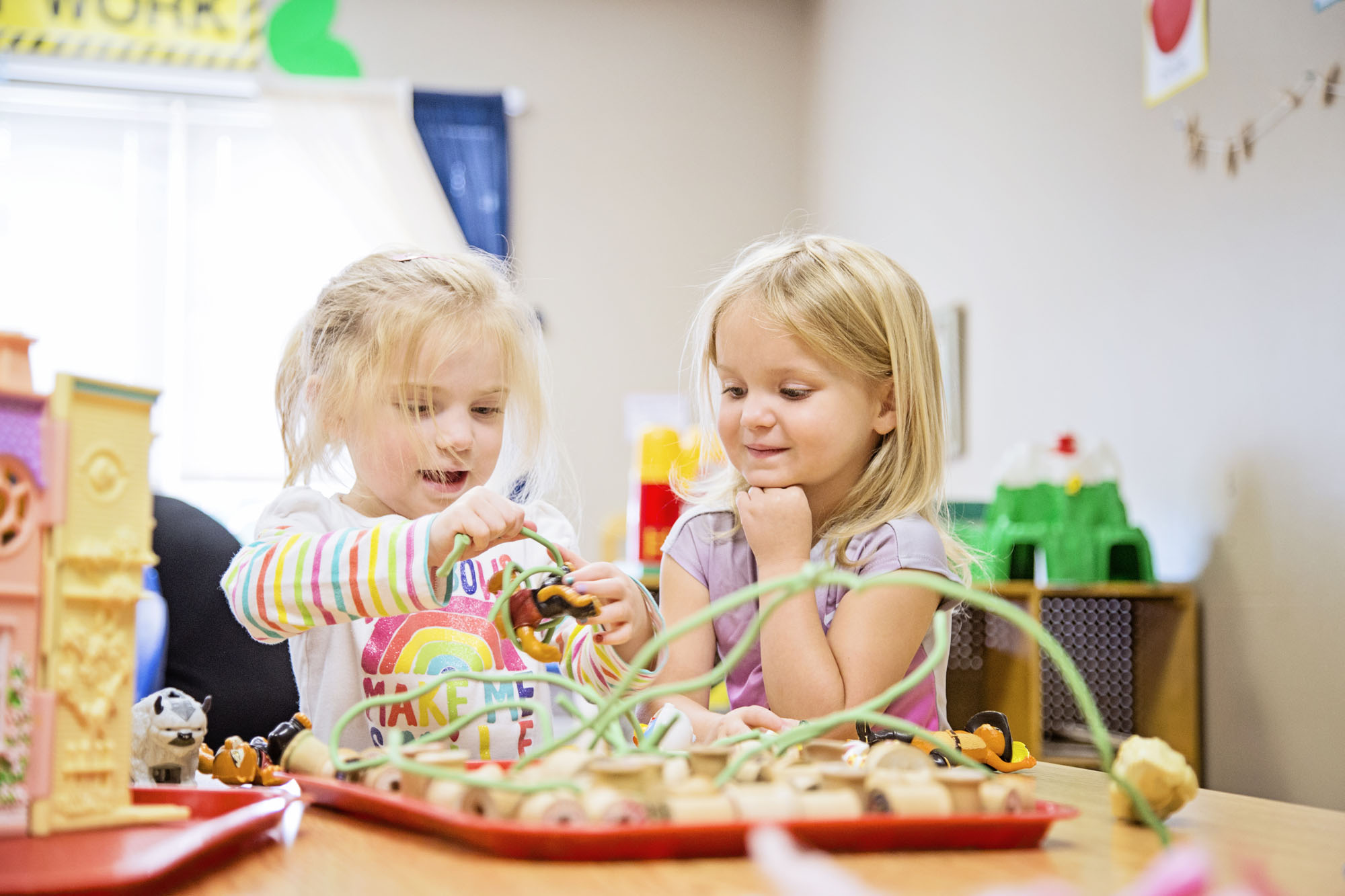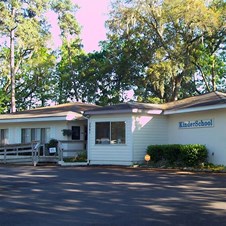Storytelling workshops that foster confidence in Grade School students
Wiki Article
All Regarding Quality College: Vital Realities and Improving Experiences for Young Learners
Grade college plays a critical function in shaping young students' futures. It includes crucial academic subjects and nurtures social abilities via structured interactions. Furthermore, after-school activities offer possibilities for imagination and synergy. Adult participation better improves this structure, supporting kids in their scholastic journeys. As these aspects intertwine, they develop a thorough educational experience. Nevertheless, what specific techniques can instructors and parents employ to maximize this development?
Understanding the Elementary School Educational Program
As trainees commence their elementary school trip, they come across an educational program created to construct fundamental skills and knowledge throughout different subjects. This educational program normally incorporates core locations such as mathematics, language arts, science, and social studies. Each subject is structured to cultivate essential thinking, creative thinking, and analytical capacities, vital for future scholastic success.Language arts concentrate on reading, composing, and interaction skills, fostering trainees' capacity to express themselves clearly. Mathematics presents fundamental concepts, consisting of enhancement, subtraction, and later on, multiplication and division, preparing for extra intricate problem-solving. Science urges questions and exploration, stiring up interest concerning the environment, while social research studies infuses an understanding of neighborhood and cultural diversity.
In addition to core subjects, the curriculum often includes arts and physical education and learning, giving a versatile educational experience that promotes both intellectual and physical development. Grade institution offers as a vital system for long-lasting knowing.
The Framework of Quality School Education And Learning
While elementary school education differs by region and institution, it usually complies with an organized framework that advertises modern understanding. Generally, elementary school incorporates a range of qualities, often from kindergarten via 5th or 6th grade, depending upon the educational system. Each quality degree matches to specific developmental turning points, with educational program developed to build upon anticipation.Courses are typically arranged into core subjects, consisting of maths, language arts, scientific research, and social studies, guaranteeing that pupils receive a well-rounded education. Direction frequently combines straight training with hands-on activities, fostering interaction and critical thinking.

Evaluation techniques differ however typically consist of tests, tasks, and tests to examine pupil understanding. In addition, teachers frequently collaborate to produce interdisciplinary systems, improving the learning experience. Overall, the structure of quality college education aims to cultivate fundamental skills, prepare students for future scholastic difficulties, and advertise a love for learning that prolongs beyond the classroom.
Social Abilities Growth in Early Learners
Grade college education and learning not only concentrates on academic skills however likewise plays a substantial function in the advancement of social skills amongst very early learners. During these developmental years, youngsters participate in numerous tasks that motivate communication, cooperation, and interaction with peers. Group jobs and cooperative knowing settings supply chances for kids to practice sharing, negotiating, and dealing with problems.Structured playtime cultivates important abilities like compassion and understanding, as youngsters find out to respond and recognize to the sensations of others. Via led social communications, educators aid pupils develop crucial listening and conversational abilities. As youngsters browse friendships and team dynamics, they acquire confidence in their social capabilities.
The Function of Extracurricular Activities
Extracurricular activities play a considerable duty in improving the educational experience of elementary school students by supplying methods for personal development beyond the class. These activities allow pupils to check out rate of interests and talents, promoting creative thinking and self-expression. Engagement in sports, songs, art, and clubs grows synergy, management skills, and a sense of belonging.Involving in such activities promotes physical wellness and well-being, motivating trainees to keep an energetic way of life. Extracurricular programs additionally work as a platform for pupils to construct friendships and establish social skills, which are necessary for their general development
As trainees navigate their rate of interests outside of academics, they get valuable experiences that add to their positive self-image and resilience. Ultimately, these activities play an important role in shaping all-round individuals, preparing them for future visit here difficulties both in and out of the classroom.
Supporting Learning Through Parental Involvement
Parental involvement substantially boosts the instructional journey of elementary school students, as it fosters an encouraging setting that reinforces learning. Involved parents add to their children's academic success by attending college occasions, assisting with research, and maintaining open interaction with educators. Private Grade School Peoria. This involvement not just improves pupils' motivation but additionally grows a feeling of belonging and self-confidenceResearch study suggests that children whose moms and dads are proactively entailed often tend to have greater grades, better attendance, and improved actions in college. Furthermore, parental engagement encourages the growth of important life skills, such as time administration and responsibility.
Schools can promote this involvement by hosting workshops, providing resources, and motivating normal comments. By creating partnerships between instructors and parents, quality colleges can ensure a complete approach to trainee development. Eventually, adult involvement functions as a cornerstone for promoting a favorable instructional experience, profiting both trainees and the college area as a whole.
Frequently Asked Inquiries
What Are the Common Elementary School Hours for Trainees?
Typical quality school hours for pupils normally vary from 8:00 AM to 3:00 PM, differing by district. Several schools incorporate a lunch break and recess, making sure trainees have time to reenergize throughout the day.Just How Do Grade Schools Address Diverse Knowing Demands?
Elementary school deal with diverse learning needs via separated instruction, customized lesson strategies, and assistance learn the facts here now solutions, ensuring all trainees get suitable resources. Teachers work together with specialists to produce comprehensive atmospheres that cultivate individual growth and engagement.What Is the Role of Modern Technology in Grade Institution Education And Learning?
Technology in elementary school education and learning boosts discovering via interactive devices, personalized finding out experiences, and access to huge sources. It fosters partnership among teachers and trainees, preparing youngsters for a technology-driven future while sustaining varied instructional needs.Just How Can Parents Assist With Homework Effectively?
Parents can aid with homework effectively by producing a structured setting, urging independence, offering sources, and providing assistance without straight providing solutions. Communication with teachers also enhances understanding of assumptions and promotes academic success.What Are Usual Difficulties Faced by Elementary School Pupils?
Common difficulties faced by elementary school trainees include difficulty with time monitoring, understanding complex principles, preserving emphasis during lessons, steering social dynamics, and stabilizing academic duties with extracurricular activities, every one of which can affect their overall efficiency.As trainees commence their quality institution trip, they come across an educational program created to build foundational abilities and expertise across different topics. Normally, quality institution encompasses an array of qualities, typically from preschool through 6th or fifth grade, depending on the educational system. Extracurricular tasks play a considerable role in boosting the educational experience of quality institution students by offering methods for personal development beyond the class. Parental involvement significantly improves the educational trip of quality school trainees, as it promotes an encouraging atmosphere that strengthens learning. By creating collaborations in between educators and browse around here moms and dads, quality institutions can assure a complete method to trainee advancement.
Report this wiki page